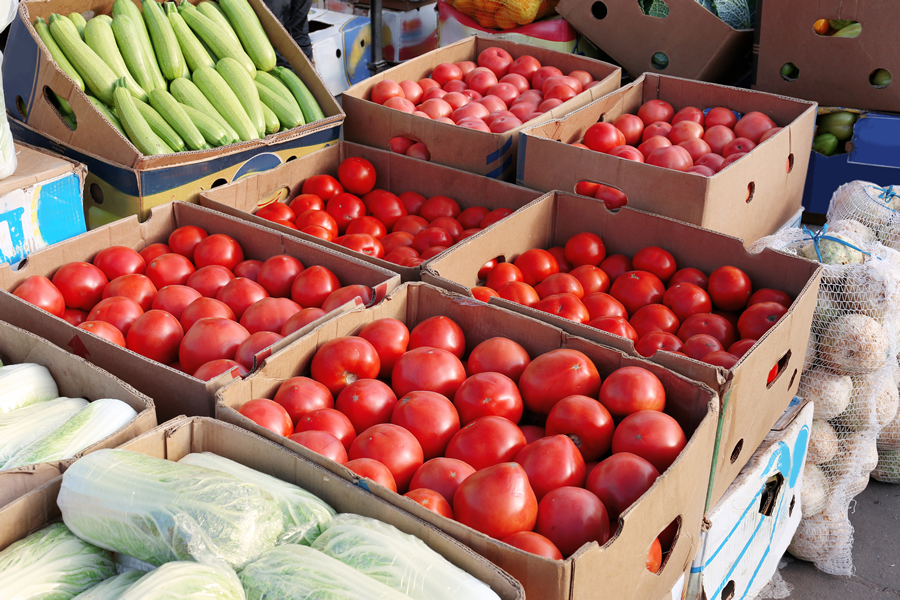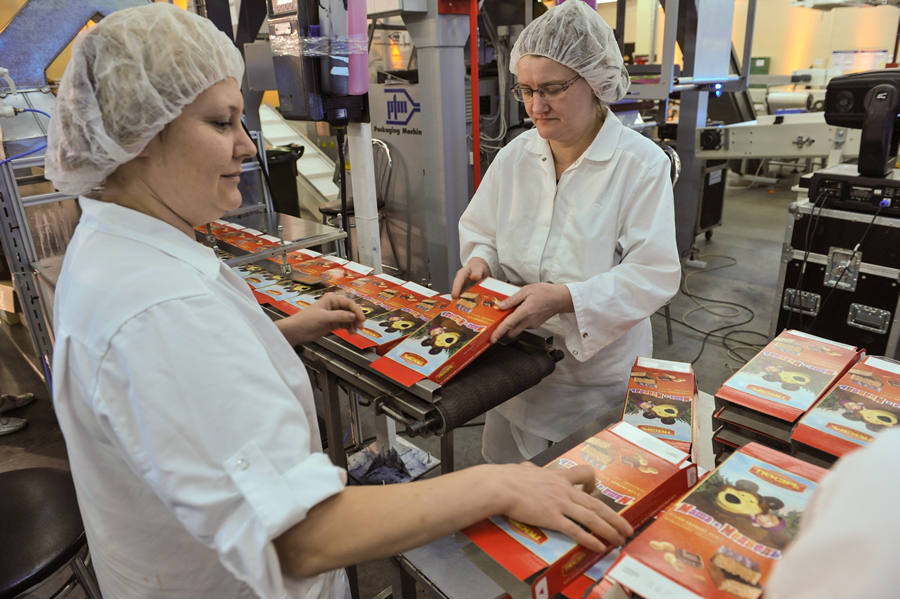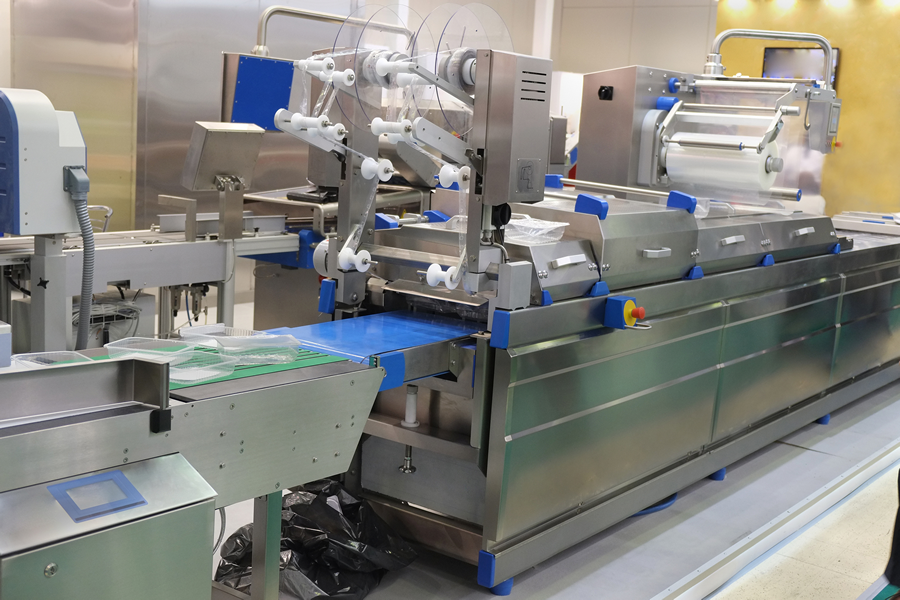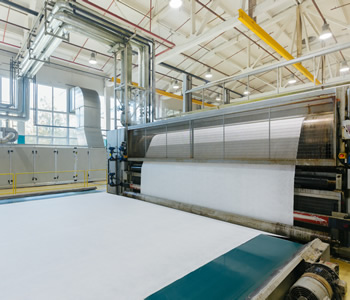In Search of New Solutions
Skolkovo will host the SIBUR polyolefin R&D centre.
Strategic divestment
SIBUR closes the sale of Uralorgsintez.
Cultural challenge
SIBUR invites its long-time customers to the State Theatre of Nations.
New focus
SIBUR completes the sale of SIBUR GEOSINT to TehPolimer Group.
Beware of fraud
In view of the upcoming high sales season, SIBUR kindly asks you to exercise caution.
Expanding the offering
SIBUR’s product portfolio added two new polypropylene (PP) grades.
Out of the fog
BIAXPLEN offers improved antifog BOPP films.
Show the products
SIBUR presents its products at the European Coatings Show.
Minimum emissions
Sergei Ivanov inspects SIBUR’s Tobolsk site and its new production technologies.
On an equal footing
We have launched a project to impart production system methodologies and practices to our customers.
New antistatic agent tested
Brand-new antistatic agent was tested at SIBUR’s Perm site.
Plastic bottles in play
VTB United Basketball League supported by Russian Ministry of Natural Resources and Environment and SIBUR holds Basketbottle environmental campaign
Transparent shield
Barrier films can protect food from mineral oils.
“LAST YEAR MARKED A REVIVAL IN THE RUBBER MARKET”
An interview with Pavel Lyakhovich, Managing Director of SIBUR.
Three pillars
The development of the Russian petrochemical industry is driven by three key trends.
Special bond
Neftehimia RF inquires into how advanced chemical technologies can help preserve precious water resources.
Road of innovations
Innovations in road construction have been the key focus of the 6th Cross-Industry Conference.
A zero-cost resource
How the petrochemical industry could help with the right CO2 disposal technology.
Additives to cooperation
Christoph Roehrig, Vice President of BASF SE in Russia and CIS, told us about cooperation with SIBUR and its prospects, key growth areas in Russia and near-term trends in the chemical market.
TOP MANAGERS TAKING QUESTIONS
In the Direct Line section, our top managers answer the most interesting and relevant questions from our clients sent to dearcustomer@sibur.ru.
Notes on the road
Oleg Makarov, SIBUR’s Management Board member, talks about control over his own life, and about future, travels and dreams.
TOP MANAGERS TAKING QUESTIONS
In the Q&As section, our top managers answer the most interesting and relevant questions from our clients sent to dearcustomer@sibur.ru.










Natalya Malkova
Chief of Multinational Sales at BIAXPLEN:
At the Interpack packaging fair that took place in May in Düsseldorf, where BIAXPLEN was one of the exhibitors, many stands of feedstock and BOPP producers featured information on barriers against mineral oils. “Seeing how BOPP is the go-to packaging material for many foodstuffs, the market puts the onus to provide the solutions primarily on BOPP producers. This is a formidable task, and we have our entire R&D function working on it. SIBUR takes its social responsibility seriously, so we spare no effort to bring both our current and future product range in compliance with all packaging safety requirements”.